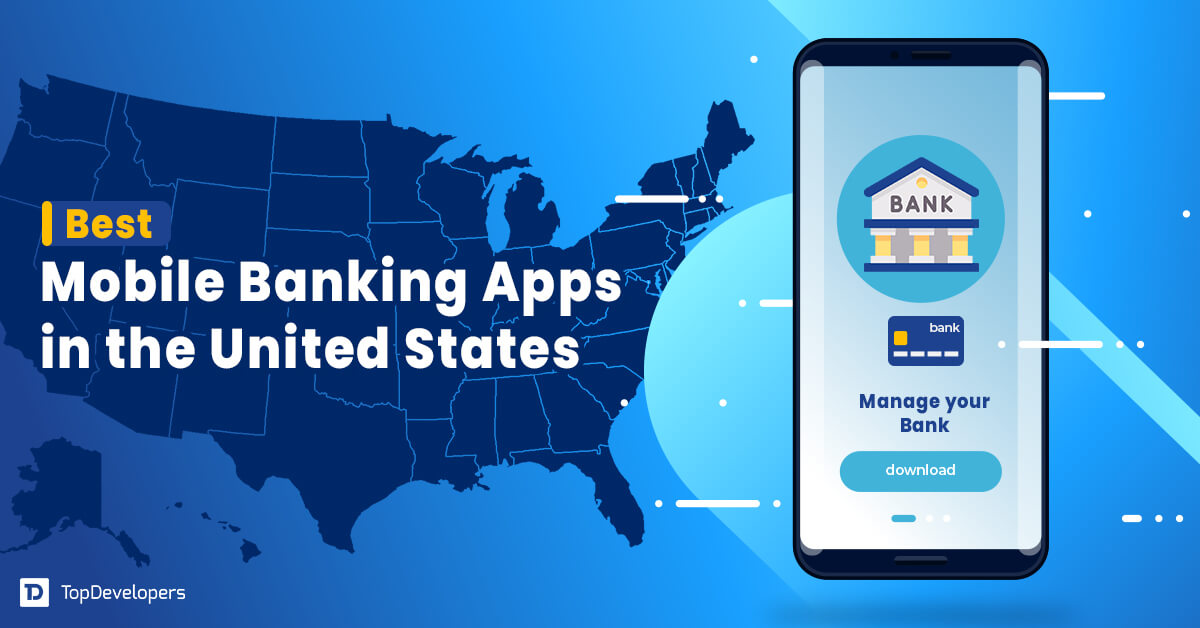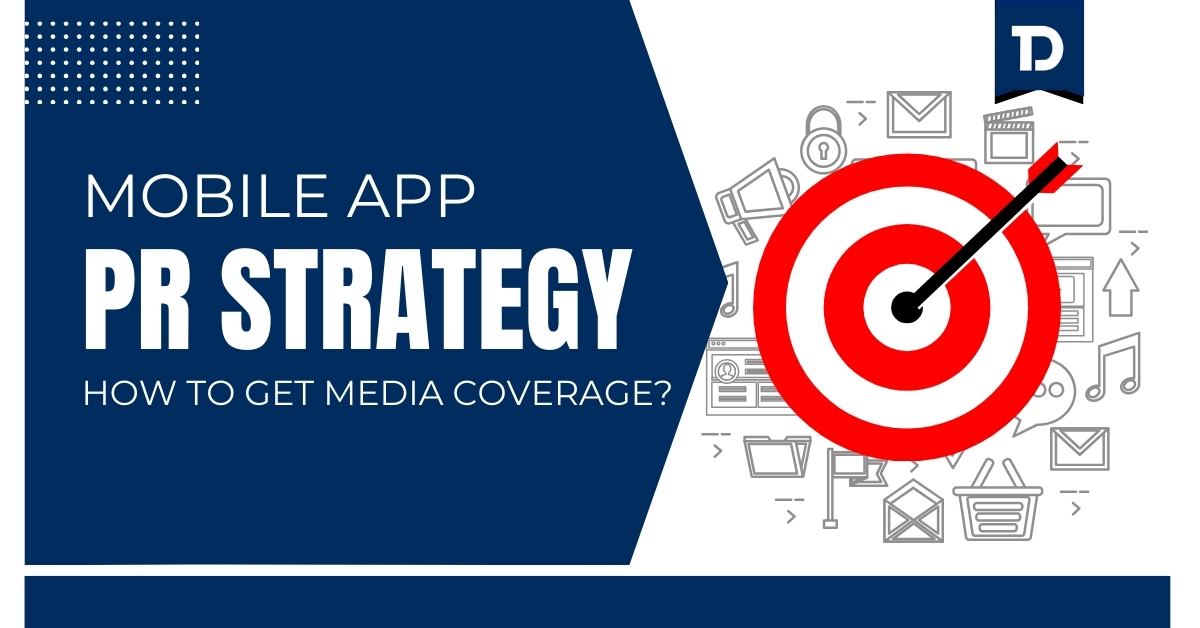
If 2022 recorded a whopping USD 167 billion in spending according to Statista, the year 2023 and beyond are surely fruitful for mobile applications and businesses associated with them. While most entrepreneurs are determined to have mobile app development to automatize their internal and external business operations, not all of them know the top ways to monetize apps.
In this guide on how to initiate a mobile app business plan in 2023, we shall unveil a few proven tips to get in smooth cash flow from your apps so that not only do you reach the breakeven point but also start making tangible profits.
Table of Contents
What is Mobile App Monetization?
Let’s start with the basics. Mobile app monetization is the process of generating revenue from a mobile app of any kind. Monetization of apps involves different strategies such as displaying advertisements, offering in-app purchases, charging users for premium features, or selling user data. App monetization can help app owners cover their costs and earn profits.
Why is App Monetization Important?
It is important for app owners to create sustainable and profitable businesses. App monetization helps to generate revenue from a mobile application to help you achieve RoI. Monetization of your mobile app is possible through various methods such as in-app offers, advertising, subscriptions, sponsorships, and partnerships. By choosing the right mobile app monetization strategy, you can increase your app user retention, engagement, and loyalty; plus, you can assure your app revenue potential.
How to Monetize My App?
You have built a customized app, and now want to make money from it. First, you need to have a clear monetization strategy that leads to proven and best ways to monetize an app.
Here we explain each of these methods and how to implement them effectively to help you choose the right one to earn money via your mobile app.
In-App Purchase
In-app purchase is a popular mobile app revenue-generating plan to encash your app and provide value addition to your customers. An in-app purchase allows you to sell goods or services within your app such as premium features, subscriptions, virtual currency, or extra privilege.
Currently, app development trends include unique content and irresistible services through which you can have in-app purchases to increase your revenue, engage your app users, and enhance your app experience. To have in-app purchases in your app, you need to follow the guidelines and requirements of the platform such as the Google Play Store or Apple App Store you are developing an app for.
You also need to take utmost care in the app development process to design a clear and attractive user interface that showcases your in-app products and encourages users to buy them. In-app purchase is a time-tested and one of the best ways to monetize an app. This trusted revenue model helps to expand your app business and delight your customers.
In-App Advertising
Other mobile app monetization options include in-app advertising wherein you will not charge your app users upfront. It allows you to display ads from third-party networks or your own inventory within your app, and earn revenue when users view or interact with them.
In-app advertising can be unified into myriad types of apps such as social media, games, broadcast and news, or media of all kinds. Depending on the type and placement of advertisements, you can optimize the UX and the ad’s performance. Some of the common in-app advertising formats are banners, interstitials, rewarded videos, native ads, and playable ads.
Subscription-Based Model
According to market experts, a subscription-based model is the best way to monetize an app. It happens as you charge users a recurring fee to access your content or service. This revenue model can provide a steady and predictable cash flow for your app, as well as increase user loyalty and retention. A cautionary note is that your app monetization strategy for this model shall require you to offer value that users are willing to pay for on a regular basis. Plus, you must optimize your pricing and billing strategies to reduce churn and increase conversions.
Freemium Model
One of the best app monetization best practices, freemium model, can help you make money through your app by offering a basic version of your product for free and charging for additional features or services. The strategy behind this model is to entice a large number of users who get benefits from this free value proposition initially. You can then convert some of them into paying customers who want more functionality or convenience.
The freemium app revenue model can help you build a loyal user base by generating word-of-mouth marketing; additionally, it also increases your revenue potential. However, it also requires careful planning and execution for such mobile app monetization options to ensure that you balance the needs and expectations of both free and paid users. Also, take care that you provide enough value to justify the price of your premium offerings.
Premium Subscriptions
A premium subscription monetizes your application by offering premium features or content to users who pay one-time or recurring fees. This mobile app revenue model can help you generate steady and predictable profits from your loyal and engaged customers.
Some of the benefits of using a premium subscription model are:
- More value to your users by delivering exclusive and personalized content/services that enhance UX with your app
- Increase customer retention and loyalty by creating a sense of community and interest among other subscribers
- Reduce churn and increase customer lifetime value by offering incentives or discounts for longer-term subscriptions
- Test and optimize different pricing plans and features to find the optimal combination that maximizes your conversion and retention rates
Sponsorship and Partnership
You can also earn profit from sponsorship and a partnership mobile app revenue model. This means that you collaborate with other brands or companies that share your target audience and offer them some benefits in exchange for their support. For example, you can display the company’s logo or banner on the app or promote their products or services to your user. In some models, you also integrate their features or content within your app.
In return, they can pay you a fixed charge, a commission, or in some monetization models even a share of the revenue generated by your app. Through this, you create a win-win situation for both parties and increase the value and exposure of your mobile application.
Affiliate Marketing
Affiliate marketing is a traditional way to monetize your app. It is performed through promotions of products or services from other companies and service providers that are relevant to your audience. You can earn app revenue per day as commissions for each sale or action that is generated through your app. For example, if your app is about fitness, you can partner with fitness brands or online stores that offer affiliate programs and display their ads or links on your app.
When users click on an advert/link and make a purchase, you generate some percent of the revenue. Affiliate marketing can be a lucrative app monetization model if you have a large and engaged user base and you choose the right partners that match your app’s niche and value proposition.
Referral Marketing
In this mobile app business revenue model, leveraging your existing users to promote your app to their friends, family, or contacts is a prime focus. With incentives like discounts, rewards, or free features, one can encourage customers to share the app with others who might have interests in the subject or matter. Hence, you can acquire new users at a low cost and increase your app’s visibility and reputation.
Referral marketing can help you monetize your app in several ways:
- Increase your user retention and engagement because users who are referred by others tend to be more loyal and active than those who are not.
- Boost your in-app revenue, as referred users are more likely to make purchases or subscribe to your app’s services.
- Reduce your marketing expenses, as you can rely on word-of-mouth instead of paid advertising to grow your user base.
Referral marketing, as experts opine, is an influential and profitable way to monetize your app and expand your client base. However, you need to be cautious in building a referral marketing campaign that is attractive, easy, and rewarding for both the referrers and the referees.
Data Monetization
Data is the new fuel in the digital world. The app data monetization is done through the data collected by your app to create economic value. This is performed either by selling it to third parties or utilizing data internally to improve your products or services.
Data monetization increases your revenue along with reducing overall costs. Additionally, it also creates newer avenues for data-related services. It is an effective way to implement different methods to monetize your data, depending on your app’s category, user base, and data quality. You can choose a mobile app development company that can help you monetize your app with such method.
Some of the common methods of app data monetization are:
- Selling anonymized and aggregated data to data brokers, market research firms, or other businesses that need insights into consumer behavior and trends.
- Sharing data with partners or suppliers in exchange for better terms, discounts, or access to new markets/customers.
- Using data to optimize your app’s performance and UX through better engagement and conversion rates.
- Utilizing information to create personalized recommendations, offers, or ads for your users based on their preferences.
- By means of data to build new features, products, or services that leverage your app’s data assets and create additional value for your customers.
Nevertheless, a data monetization model needs to ensure that you have a clear data strategy, a robust data infrastructure, and a compliant data governance framework. A cautionary note is that you must respect the privacy and consent of users while providing them with transparency.
Pay Per Download
In this money-making model, you charge users a fixed fee to download the app from the store. The revenue you generate depends on the number of users willing to pay for your app and how you price it.
You need to consider factors such as the value proposition of your mobile app keeping the target market and competition in mind. The demand for your app also largely depends on the price. The pay-per-download model is quite effective if the app offers a unique or high-quality service that users are ready to pay for.
You already Spent on your App, Time to Earn Now
Mobile app monetization is a crucial step even before the process of mobile app development is carried out successfully. It requires careful planning and execution, and several factors such as target audience, app features, user experience, and market competition are kept in mind while building the best app monetization strategy. By selecting the most suitable and effective monetization model for your app, you, as an app owner can generate revenue, earn profit, and sustain your app’s growth and success.
Frequently Asked Questions about Monetizing Mobile App
How do I monetize my mobile app?
You can monetize your mobile app by choosing an appropriate mobile app monetization strategy. It may include in-app purchases, ads, subscriptions, or freemium/premium models.
What are the best mobile ad networks in 2023?
The best mobile ad networks for app monetization in 2023 depend on your app’s niche, target audience, and monetization goals. Some of the popular ones are Google AdMob, Facebook Audience Network, Unity Ads, and AppLovin.
How much money can an app make?
The amount of money an app can make depends on myriad factors: the number of downloads, user retention, or engagement. It also depends on monetization strategy and competition. There is no fixed formula to calculate the app revenue.
How do I choose a monetization strategy for my mobile app?
You should choose a monetization strategy for your mobile app based on your business plan and objective. Also, it is recommended to take several factors into account: user behavior, market/consumer demand, and competitive analysis. You should also test different app monetization strategies and optimize them based on data and feedback.
 Avantika Shergil
| May 9, 2023
Avantika Shergil
| May 9, 2023
Avantika Shergil is a technology enthusiast and thought leader with deep expertise in software development and web technologies. With over 8 years of experience analyzing and evaluating cutting-edge digital solutions, Avantika has a knack for demystifying complex tech trends. Her insights into modern programming frameworks, system architecture, and web innovation have empowered businesses to make informed decisions in the ever-evolving tech landscape. Avantika is passionate about bridging the gap between technology and business strategy, helping businesses build customized software and website, and understand about different tools to leverage effectively for their ventures. Explore her work for a unique perspective on the future of digital innovation.





